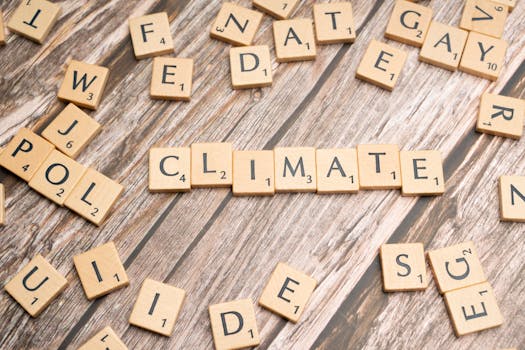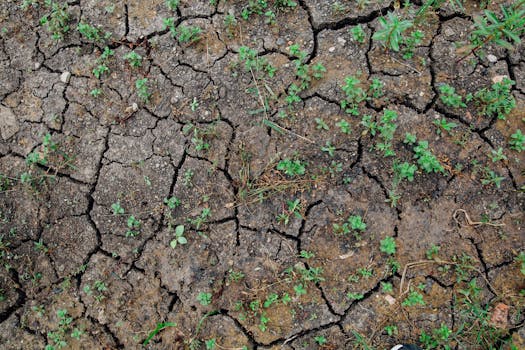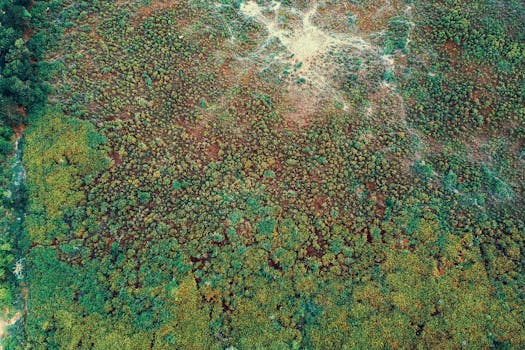
The Impact of Climate Change on Global Ecosystems
Climate Change: The Focus Keyword

Climate Change is one of the most pressing issues of our time, with far-reaching consequences for the health of our planet. The impact of climate change on global ecosystems is a complex and multifaceted issue, affecting everything from weather patterns to wildlife populations. In this article, we will explore the effects of climate change on global ecosystems and what we can do to mitigate its impact.
Causes and Effects of Climate Change

Climate change is primarily caused by the increasing levels of greenhouse gases in the Earth’s atmosphere, which trap heat and lead to a rise in global temperatures. The main culprit behind climate change is human activity, particularly the burning of fossil fuels such as coal, oil, and gas, which releases large amounts of carbon dioxide into the atmosphere. Deforestation and land-use changes, such as the clearing of forests for agriculture and urbanization, also contribute to climate change by releasing stored carbon into the atmosphere and reducing the ability of forests to act as carbon sinks.
The effects of climate change are widespread and varied, ranging from more frequent and severe weather events such as hurricanes, droughts, and heatwaves, to rising sea levels and ocean acidification. Climate change is also having a profound impact on ecosystems, leading to changes in the distribution and abundance of plants and animals, and altering the functioning of ecosystems.
Impacts on Global Ecosystems

The impact of climate change on global ecosystems is far-reaching and complex. Rising temperatures are altering the distribution and abundance of plants and animals, with many species moving poleward or to higher elevations in response to changing climate conditions. This can lead to changes in the composition of ecosystems and the functioning of ecosystem processes such as nutrient cycling and primary production.
Climate change is also altering the frequency and severity of disturbances such as wildfires, insect outbreaks, and droughts, which can have significant impacts on ecosystem structure and function. For example, the increased frequency and severity of wildfires in recent years has had a devastating impact on ecosystems around the world, leading to losses of biodiversity and ecosystem function.
Consequences for Human Societies

The impact of climate change on global ecosystems has significant consequences for human societies. Climate change is affecting the availability and quality of natural resources such as water, soil, and timber, which are essential for human well-being and economic development. Climate change is also having a significant impact on human health, with increased temperatures and changing weather patterns leading to the spread of disease and heat stress.
Conclusion

In conclusion, the impact of climate change on global ecosystems is a complex and multifaceted issue, with far-reaching consequences for the health of our planet. It is essential that we take immediate action to reduce our carbon footprint and mitigate the effects of climate change. This can be achieved through a range of strategies, including transitioning to renewable energy sources, increasing energy efficiency, and protecting and restoring natural ecosystems. By working together, we can reduce the impact of climate change and create a more sustainable future for all.




